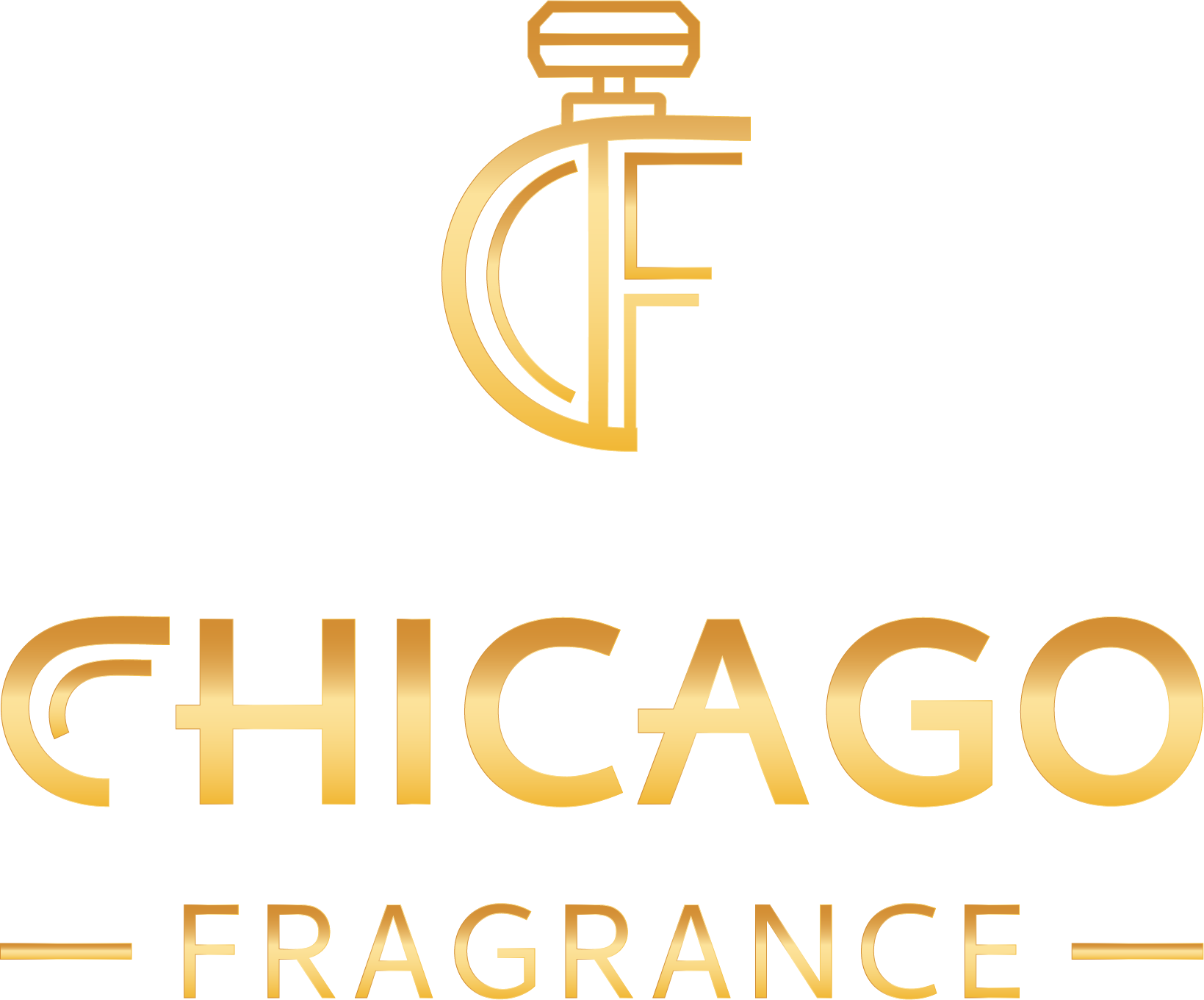Perfume has been an integral part of human culture for thousands of years. Its allure lies not only in its ability to enhance our personal aroma but also in its power to evoke emotions and memories. This journey through the history of perfume will reveal how fragrances have evolved over centuries, from ancient rituals to modern luxury.
The Origins of Perfume in Ancient Civilizations
The word "perfume" derives from the Latin phrase "per fumum," meaning "through smoke." The earliest recorded use of perfumes dates back to ancient Mesopotamia and Egypt, where fragrances were created by burning resins and woods to honor the gods. These early perfumes were deeply spiritual and symbolic.
In Mesopotamia, a woman named Tapputi is often regarded as the first recorded chemist. She used flowers, oils, and other natural ingredients to create perfumes, leaving behind techniques that would inspire generations.
Perfume in Ancient Egypt
In ancient Egypt, perfumes held a sacred place in society. They were used in religious rituals, burial ceremonies, and personal adornment. Egyptians believed that pleasing aromas could appease the gods. The legendary queen Cleopatra was said to have used custom-made perfumes to seduce Mark Antony, leaving behind an unforgettable impression.
Notable ingredients included myrrh, frankincense, and lotus flowers. Perfumes were often stored in beautiful alabaster jars, emphasizing their luxurious and precious nature.
Perfume in Ancient Greece and Rome
As perfume-making spread to Greece and Rome, it evolved into a symbol of status and sophistication. Greek philosophers like Theophrastus wrote extensively about the art of perfumery, detailing the extraction methods and the importance of scent in daily life.
In Rome, perfumes were omnipresent. They were used during public baths, banquets, and religious ceremonies. Wealthy Romans even perfumed their pets and household items. This era also saw advancements in the techniques of distillation, enhancing the quality of perfumes.
The Influence of the Islamic Golden Age
The Islamic Golden Age marked a significant leap in the history of perfume. Pioneers like Avicenna (Ibn Sina) introduced new methods of extracting oils from flowers through steam distillation. This innovation made perfumes more accessible and varied.
During this time, the Middle East became a hub for trade and production of perfumes. The region’s access to exotic spices, flowers, and resins contributed to its dominance in the perfume industry. Ambergris, musk, and rose water were some of the most prized ingredients.
Medieval Europe: Perfume’s Role in Hygiene
In medieval Europe, the use of perfumes expanded, driven by their perceived ability to ward off disease. During the Black Plague, people believed that strong aromas could protect them from "bad air" or miasmas. Perfume was often incorporated into pomanders and scented gloves.
The Crusades played a pivotal role in bringing Eastern perfume-making knowledge to Europe. This cultural exchange laid the groundwork for Europe’s thriving perfume industry.
The Renaissance: The Birth of Modern Perfumery
The Renaissance era witnessed the emergence of perfume as an art form. Italy and France became the epicenters of perfume production, with Italian perfumers introducing alcohol-based fragrances. Catherine de’ Medici, an Italian noblewoman who became the queen of France, brought her personal perfumer with her, popularizing Italian techniques in France.
Grasse, a small town in southern France, emerged as the perfume capital of the world. Its ideal climate for growing flowers like lavender, jasmine, and rose made it a hub for perfume production.
Perfume in the Age of Enlightenment
During the 17th and 18th centuries, perfume became synonymous with luxury and refinement. The French court, under Louis XIV, earned the nickname "la cour parfumée" (the perfumed court) due to its extravagant use of fragrances.
Perfume was no longer just a personal accessory but also a way to perfume clothes, wigs, and even furniture. The invention of the eau de cologne during this period added a fresh, light fragrance to the repertoire of scents.
The 19th Century: Industrialization and Perfumery
The 19th century brought significant advancements in the science of perfumery. The Industrial Revolution made it possible to produce perfumes on a larger scale. Synthetic ingredients, such as vanillin and coumarin, were developed, allowing perfumers to create more complex and lasting fragrances.
This era also saw the rise of iconic perfume houses like Guerlain, which set the standard for modern perfumery. Perfume was now accessible to a broader audience, transitioning from an exclusive luxury to a popular commodity.
20th Century: The Golden Age of Perfume
The 20th century was a transformative period for perfumery. Iconic brands like Chanel, Dior, and Estée Lauder introduced fragrances that became cultural landmarks. Chanel No. 5, launched in 1921, remains one of the most famous perfumes in history.
This era also saw the rise of celebrity endorsements and advertising, making perfumes aspirational products. The development of new synthetic molecules, such as aldehydes, expanded the creative possibilities for perfumers.
Perfume in the Modern Era
Today, the perfume industry is a multi-billion-dollar global enterprise. Modern perfumery blends art and science, with perfumers using cutting-edge technology to craft unique and captivating scents. Niche perfume brands have gained popularity, catering to those seeking more personalized and exclusive fragrances.
Sustainability has also become a crucial focus, with many brands prioritizing eco-friendly sourcing and production methods. Ingredients like synthetic musk and bioengineered compounds are being developed to reduce environmental impact.
Conclusion
The history of perfume is a testament to humanity’s enduring fascination with scent. From the sacred rituals of ancient civilizations to the sophisticated artistry of modern perfumery, perfumes have evolved into an essential part of our lives. They capture memories, evoke emotions, and allow us to express our individuality. As the industry continues to innovate, the legacy of perfume’s rich history will undoubtedly inspire future generations.
Visit our Chicago Fragrance store for more collections!

